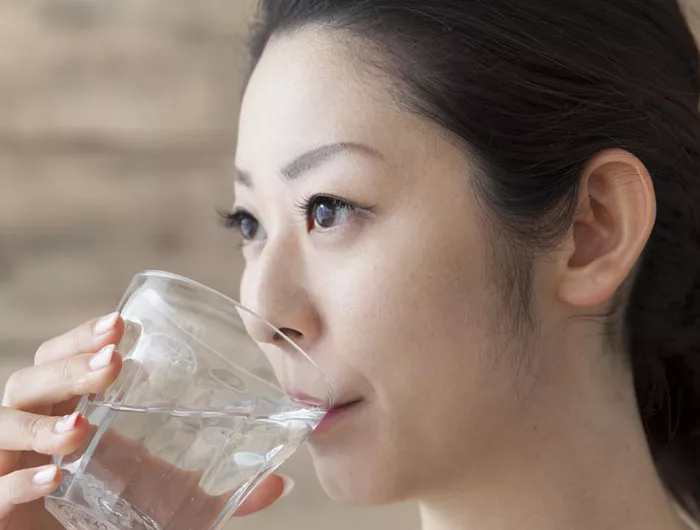Quick Studies: A snapshot of the latest research

Colorectal Cancer & Weight

Diagnoses and death rates for colorectal cancer have dropped by more than 45 percent since the 1980s, in part because of early screening in people aged 50 or older. The question is: Why are rates rising in people aged 20 to 49?
Researchers tracked roughly 85,000 women aged 25 to 42 for 14 years. Each 11-pound weight gain after age 18 was linked to a 9 percent higher risk of colorectal cancer. Women with obesity had nearly twice the risk of those whose weight was in the lower half of the “healthy” range.
What to do: Lose (or don’t gain) extra pounds. Although this kind of study can’t prove that excess weight caused the higher risk of colorectal cancer in these younger women, increasing weight is a well-established risk factor in older people. Others include type 2 diabetes, too little exercise, and diets high in red and processed meats.
JAMA Oncol. 2018. doi:10.1001/jamaoncol.2018.4280.
Exercise & Parkinson’s Disease

Could staying active lower your risk of Parkinson’s disease?
Researchers looked at eight studies that tracked more than 544,000 adults for six to 22 years. Men who reported doing the most physical activity had a 32 percent lower risk of Parkinson’s than those who did the least. There was no clear link in women.
What to do: Although this study can’t prove that exercise prevents Parkinson’s, it’s one more reason to keep moving.
JAMA Network Open 2018. doi:10.1001/jamanetworkopen.2018.2421.
More Fluids, Fewer UTIs

Can drinking more fluids help prevent recurring urinary tract infections (UTIs)? Until recently, no one had looked.
So scientists at Danone Research—Danone sells bottled water—randomly assigned 140 premenopausal women to drink either an extra 1½ liters (about 6 cups) of water a day or no more water than usual. (All the women had been diagnosed with at least three UTIs in the previous year and all typically drank less than 1½ liters of fluids a day before the study started.)
Over the following year, those assigned to drink no extra water averaged 3.2 UTIs. Those who drank extra water averaged only 1.7 UTIs.
What to do: Getting UTIs? Aim for about 12 cups of water or other unsweetened fluids a day. Fewer UTIs won’t just help you. Roughly 15 percent of antibiotics used by humans are prescribed to treat UTIs. Fewer UTIs lowers the risk that bacteria become resistant to the drugs.
JAMA Intern. Med. 2018. doi:10.1001/jamainternmed.2018.4204.
Do Organic Foods Protect Against Cancer?

Can eating organic foods lower your risk of cancer?
French researchers tracked nearly 69,000 adults for five years. Those who reported eating the most organic foods were 76 percent less likely to be diagnosed with lymphoma and 34 percent less likely to be diagnosed with postmenopausal breast cancer than those who ate the least.
What to do: Eat a diet rich in fruits and vegetables—organic or not. It’s worth buying organic foods to protect the environment, but it’s too early to know if they prevent cancer.
Something else about people who buy organic food could explain their lower risk. And although it’s likely that the organic-food eaters were exposed to fewer pesticides, this study had no data to prove it.
JAMA Intern. Med. 2018. doi:10.1001/jamainternmed.2018.4357, doi:10.1001/jamainternmed.2018.4363.
Photos (top to bottom): stock.adobe.com: tmc_photos, Monkey Business, Monet, Daisy Daisy.

